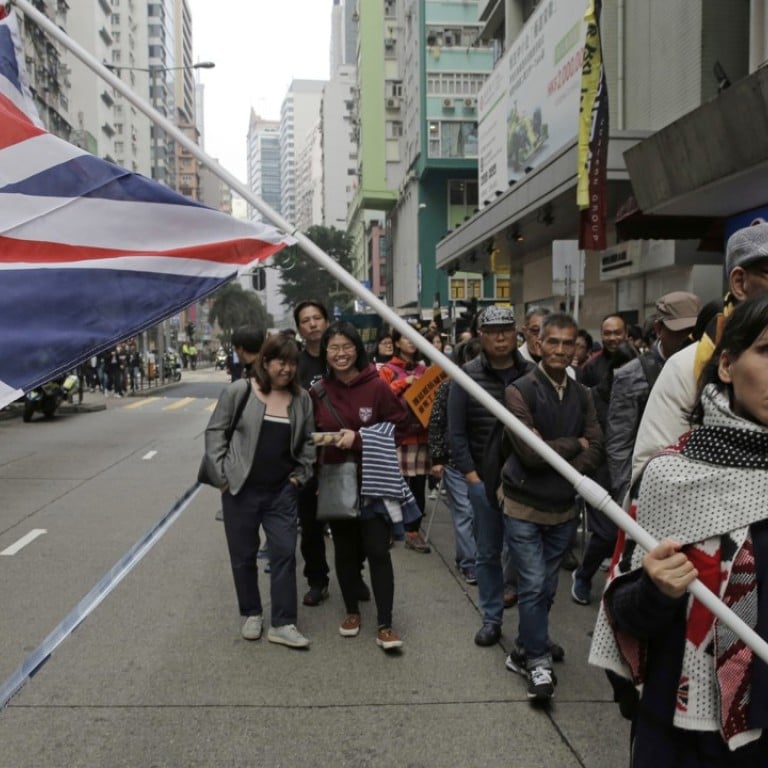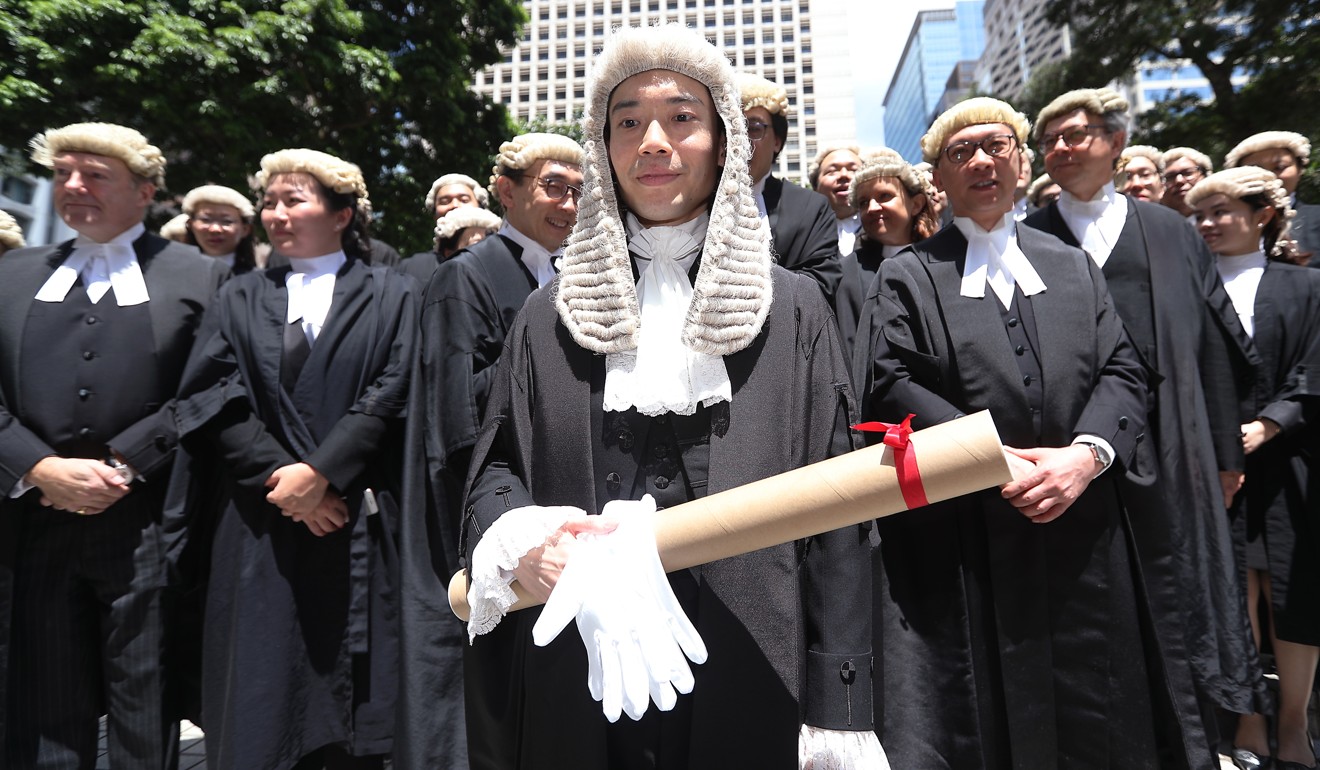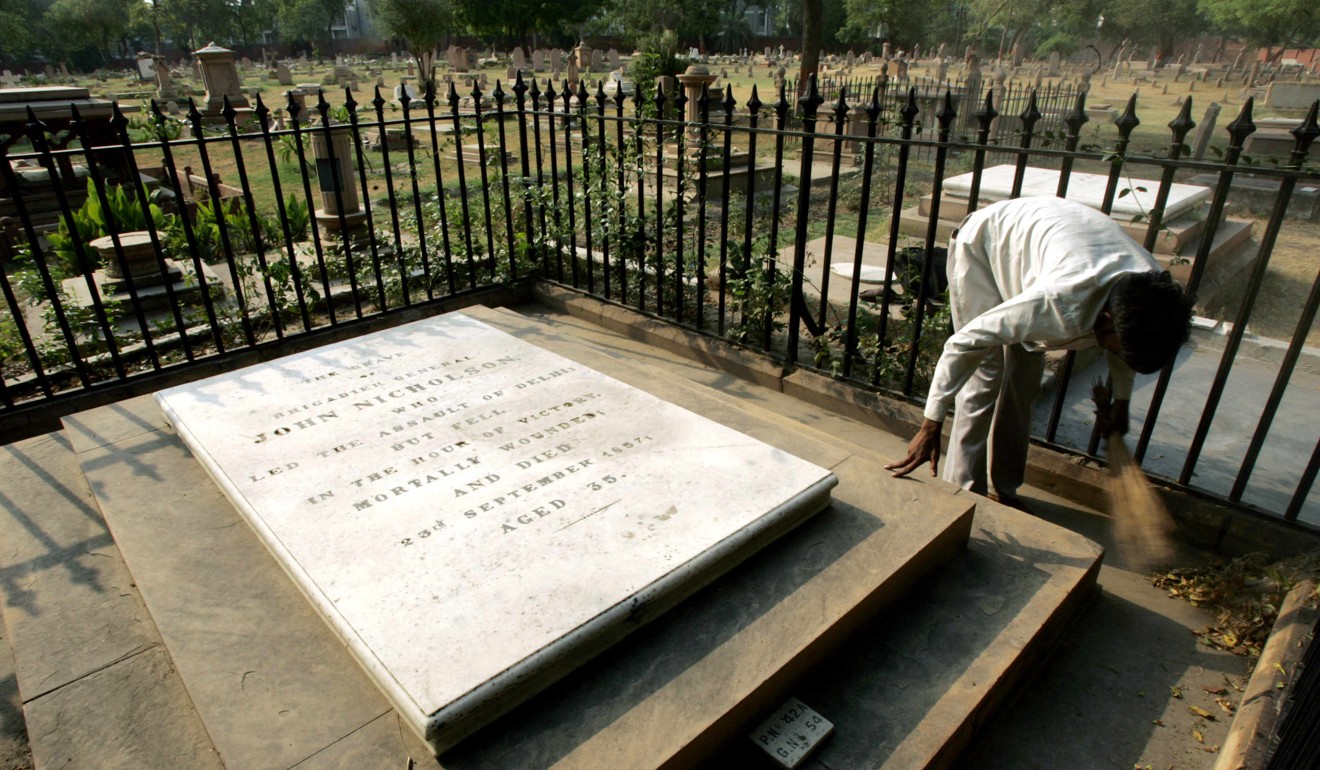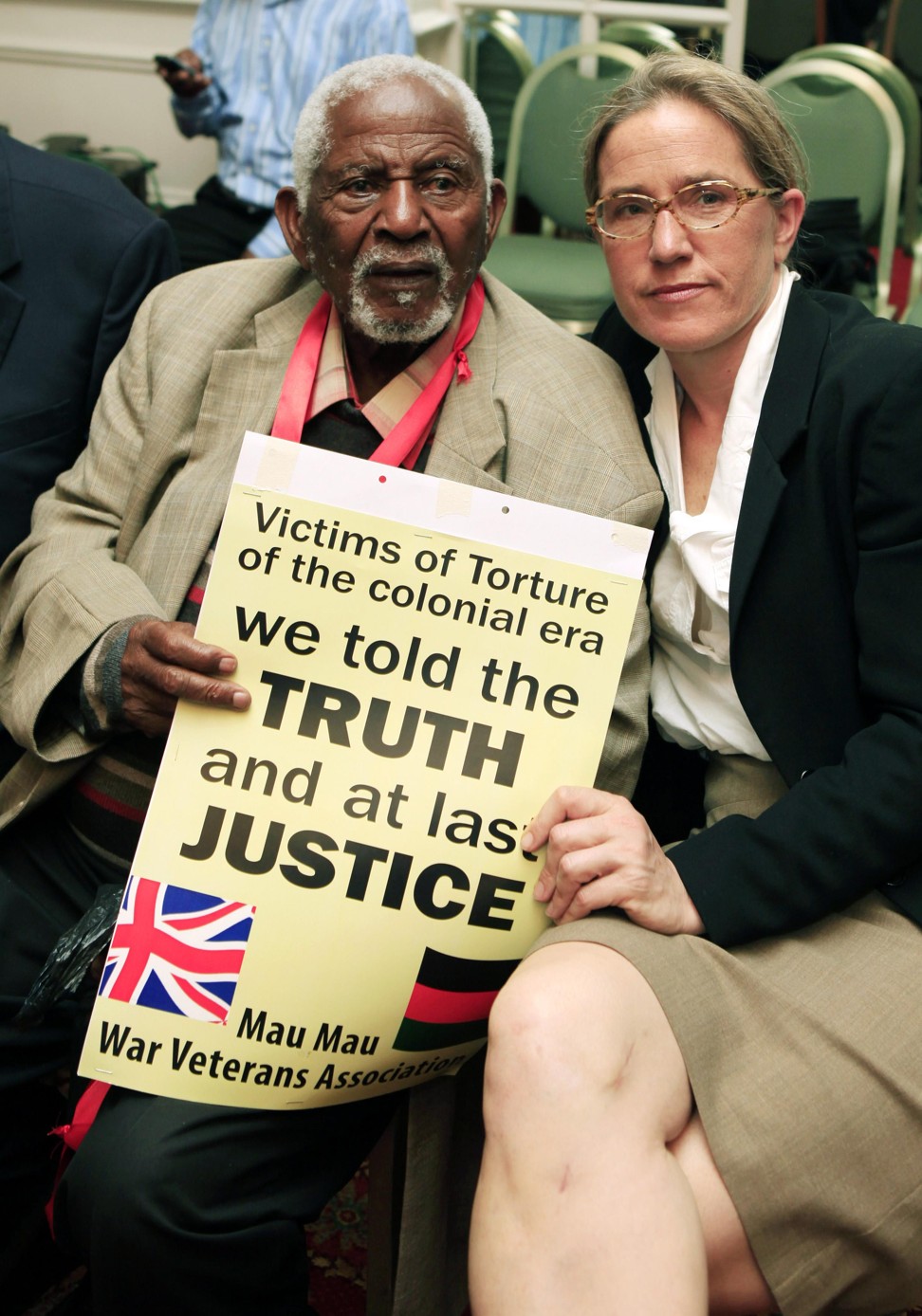
Hong Kong’s frustration with Beijing is no excuse for nostalgia for the British empire
Brian YS Wong says Hongkongers who miss British rule should be mindful of how its other colonies, from India to states in the Middle East and Africa, suffered so that Britain could prosper
The rosy picture that youths – often no older than three or four at the time of the handover – have of the colonial era is perhaps less a celebration of British colonialism than a radical expression of discontent towards Beijing’s perceived interference with Hong Kong’s autonomy.


We must recognise that such atrocities and wrongs cannot be brushed away as “par for the course” or acceptable trade-offs in exchange for the prosperity and growth that colonialism afforded some in former colonies today.
Surely, you may argue, while British rule had been generally unjust, it was overwhelmingly positive for the development of Hong Kong? Yet, reality is not so simple. The benefits that “better off” colonies, such as Hong Kong, acquired from Britain were largely built from the blood, sweat and labour of their less fortune counterparts elsewhere; to reminisce and glorify the colonial project in full, therefore, would be to posit that such atrocities are justified because we are now better off.
What is the Basic Law of Hong Kong?
Just as, in the trolley dilemma, we would find it hard to stomach throwing a very fat man under the metaphorical trolley to save two or three strangers, presumably we would be uncomfortable with the proposition that the egregious acts of the empire were justified because some of us have benefited.
Given the legitimate frustrations of some Hongkongers with the political status quo, they would be better off constructing a positive vision of their own, as opposed to resorting to colonial nostalgia as a political weapon. Hongkongers should be wary of unconsciously whitewashing the problematic aspects of the empire to co-opt the colonial era as a discursive tool against inept governance.
We owe it to the victims of colonialism to recognise the colonial project for what it is – a scheme that brought incidental benefits through crimes against humanity.
Brian YS Wong is an MPhil student of politics (political theory) at Wolfson College, Oxford

.png?itok=bcjjKRme&v=1692256346)
